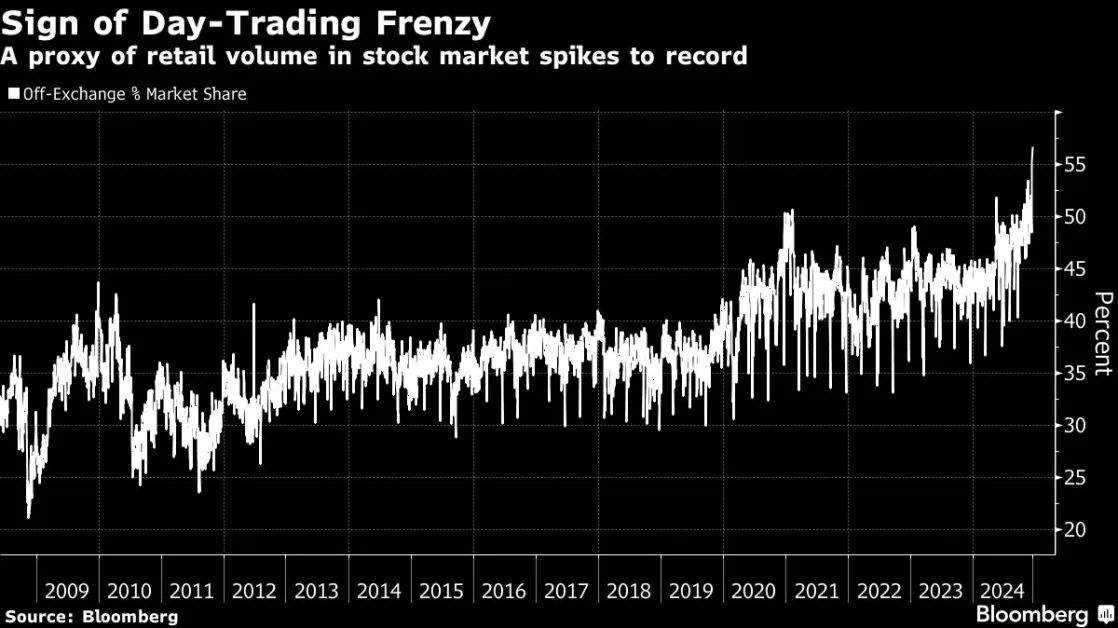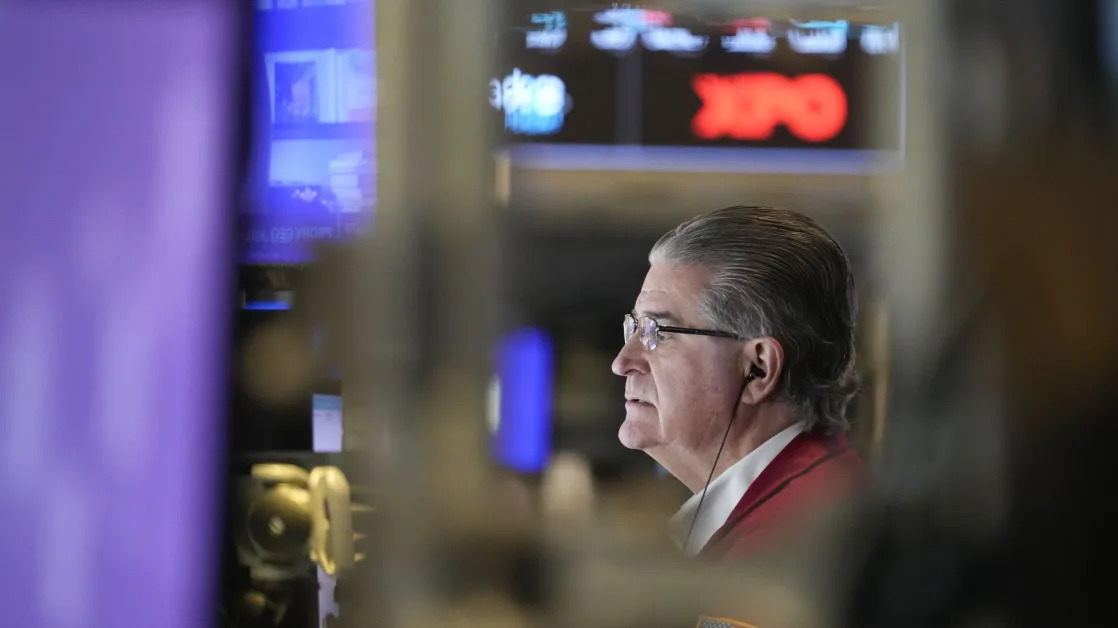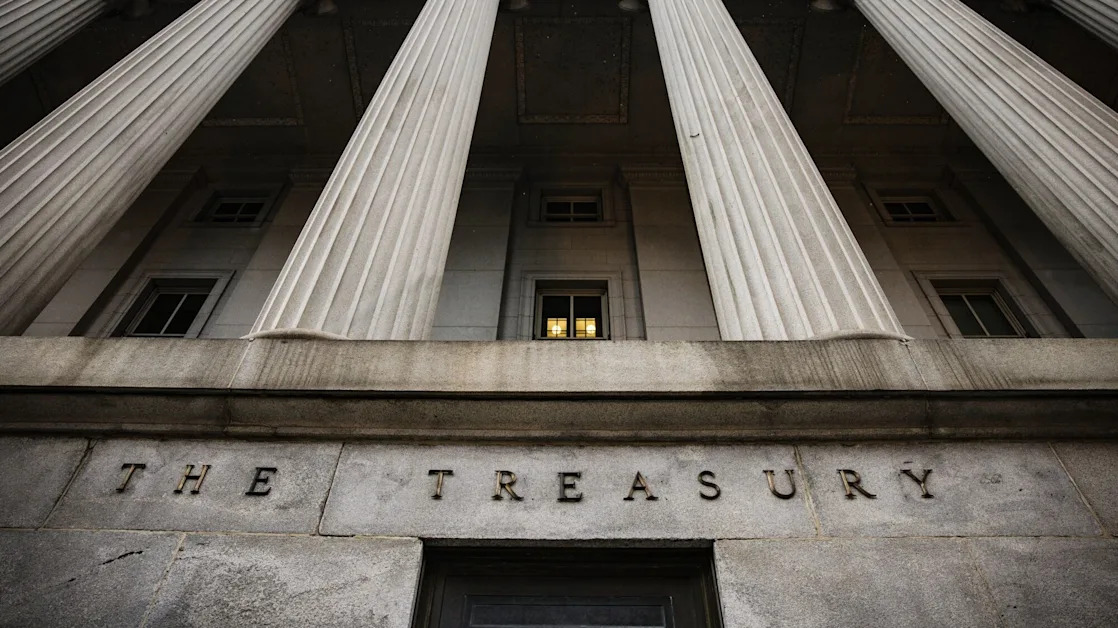Bitcoin’s foundational principle of self-custody remains a core debate in the crypto industry.
Speaking with Roundtable host Rob Nelson, JAN3 CEO Samson Mow defended the importance of self-custody while acknowledging that many people prefer convenience over complete financial sovereignty.
“I’ve always thought the problem with Bitcoin is the best idea is that you hold your own coin and no one can get it. No one can touch it, everything's yours, and forget about traditional banking. But that's not what most people want,” Nelson said. “They want easy, fast, reliable, and they want some safety net because they just don't trust themselves. That’s just human nature.”
Mow agreed that Bitcoin self-custody isn’t for everyone but stressed its necessity in countries where financial systems are unstable or governments could seize assets. “If you’re living in a first-world country and you can get a bank account or you can custody your coins with somebody else, that’s a hundred percent in your right,” Mow said. “But a lot of people do want to hold their own keys.”
Citing historical precedents, Mow referenced Executive Order 6102, which led to the U.S. government seizing privately held gold in 1933. “These things do happen,” he noted. “And if you’re in other parts of the world where the rule of law is even less prominent, you definitely want to keep your own keys to your own coins and your assets.”
Mow explained that while Bitcoin’s base chain is the most secure, Layer 2 technologies enable “fast, high-velocity spending.” He noted a hybrid approach using Liquid and Lightning as an optimal solution.
“One of the problems people realize is that Lightning channels are connected to the Bitcoin main chain. So when the fees spike, it also causes the fees to open a Lightning channel to spike as well,” Mow explained. “This is why when we connect to Liquid, there’s a bit of a disconnect there.”
Nelson pointed out that for most users, understanding these technical layers is unnecessary.
“Most people, they don’t pay attention to any of these things, and they don’t need to or want to,” he said. “You’re building the infrastructure in a way that I don’t have to know about it, just like the internet.”





